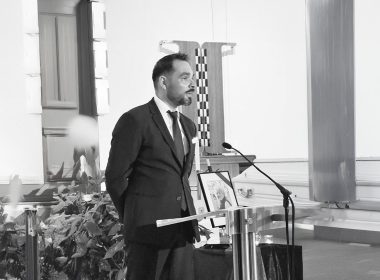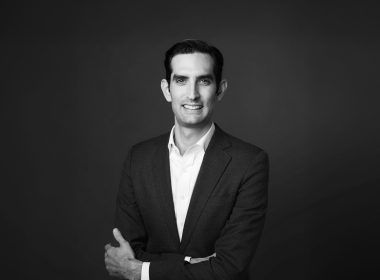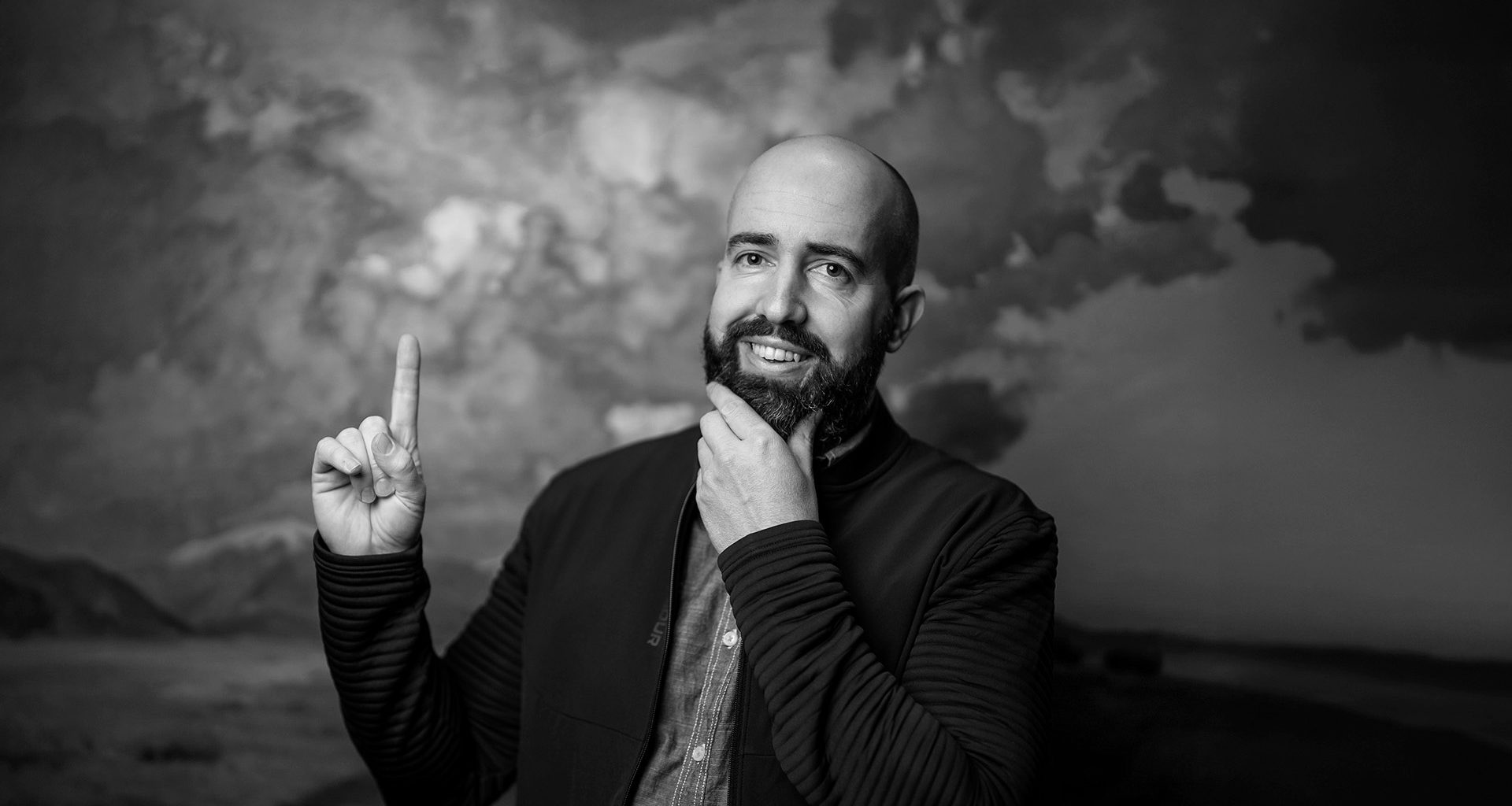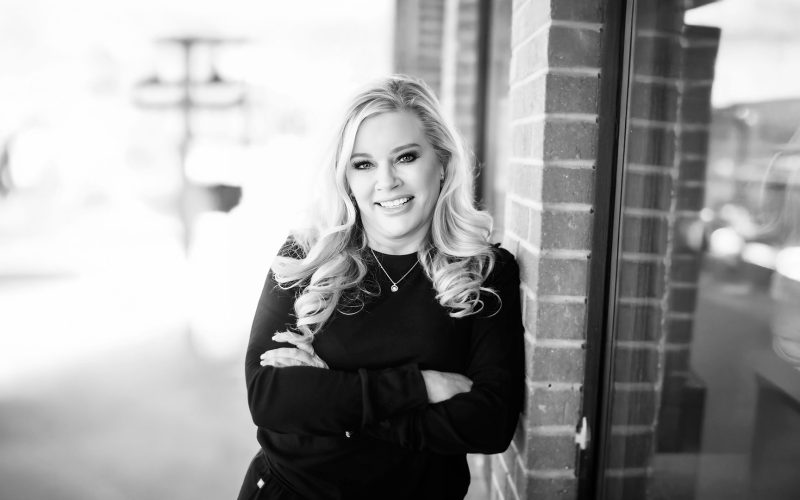Building a strategic plan that works beyond next quarter requires more than wishful thinking and quarterly projections. Many organizations struggle with creating long-term strategies that can actually survive market changes and internal shifts. Leon Leinbach brings years of experience in business development and executive leadership to this challenge, helping organizations transition from reactive decision making to proactive, purpose-driven planning that delivers sustainable results.
Shifting from Crisis to Control – Breaking the Crisis Management Cycle
Leinbach has seen the same story play out countless times. Companies get stuck putting out fires instead of preventing them. The phone rings, something breaks, and suddenly long-term planning disappears. “I’ve helped organizations move from reactive decision making to proactive, purpose-driven planning,” he says about his work with leadership teams. Breaking out of this cycle takes more than good intentions. It requires leaders to step back and ask hard questions about why their company exists in the first place. Many skip this step because it feels too philosophical, but Leinbach knows that is where real strategy begins.
Start With Clarity Of Purpose
Here is where most strategic planning goes wrong. Teams rush into tactics without first defining what they are truly trying to accomplish. Leinbach puts it simply: “Every strong strategy begins with a clear mission.” He pushes this further than most consultants. The questions get uncomfortable quickly. “What problem does your business solve, and why will that still matter five, ten, or even twenty years from now?” he asks. Companies that cannot answer end up with strategies that look good on paper but collapse under pressure. “Define your why before your how. When your vision is grounded in purpose, your plan gains both direction and resilience,” Leinbach explains.
Use Data To Shape, Not Just Support Your Strategy
Everyone talks about being data-driven, but most companies use numbers only to confirm what they already believe. Leinbach sees this mistake everywhere. “Long-term planning isn’t guesswork. It’s guided by intelligence: market trend analysis, customer behavior patterns, competitor positioning, and internal performance metrics,” he explains. The real value of data is not in proving yourself right but in challenging assumptions. “Don’t just look for confirmation of what you already believe. Look for insights that challenge and sharpen your thinking,” Leinbach says. This is harder than it sounds because nobody enjoys being wrong about their pet theories. Yet the companies willing to embrace that discomfort are the ones that build strategies resilient enough to last.
Build Plans With The Flexibility
Rigid plans look impressive on paper, but in the real world they are better at propping open doors than guiding companies through change. Leinbach has seen too many organizations stay locked into outdated strategies simply because “that was the plan.” His advice flips that thinking on its head. “A strategic plan should act as a compass, not a cage,” he says. True flexibility does not come from wishful thinking. It comes from building systems that expect change. “Markets shift fast, and your strategy has to move with them. That means checkpoints, scenario planning, and feedback loops that let teams pivot without losing momentum,” Leinbach explains. The companies that thrive are the ones that design adaptability into their strategy from the start. Their plans keep them anchored to purpose while still giving them room to maneuver when reality changes course.
Aligning Your Teams And Culture To The Plan
The best strategy in the world will not matter if nobody understands it. Leinbach has seen brilliant plans collapse simply because leadership could not explain why they mattered. “Even the best strategy fails without buy-in. Communicate the vision clearly across all levels of the organization,” he says. But communication cannot be a one-time event. Teams need to see how their daily work ties into the bigger picture. “Make sure your teams understand how their work connects to the long-term goals. Invest in culture and leadership development so that your strategy is not only understood but owned,” Leinbach notes.
Strategy is not about crystal balls or perfect predictions. “Strategic planning isn’t about predicting the future. It’s about preparing your business to thrive in it,” he explains. With a clear purpose, informed decisions, and a culture of adaptability, organizations can create roadmaps that drive sustainable success for years to come. The companies that embrace this mindset do more than survive market changes. They turn those changes into opportunities to pull ahead.
Connect with Leon Leinbach on LinkedIn to explore practical approaches for long-term strategic success.











